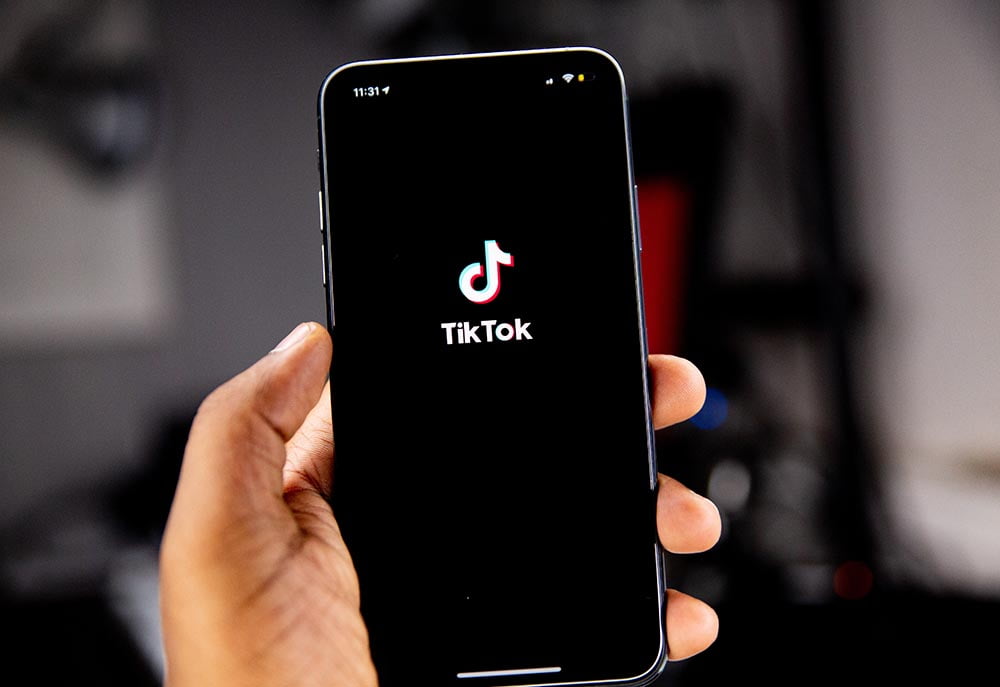Secure communication is more important than ever in the current digital era. Safeguarding your data and privacy is crucial, especially with the increase in cyber threats. We’ll go over important advice and resources in this guide to help you communicate safely and protect your data.
Table of Contents
Comprehending Secure Communications
In order to avoid unwanted access, secure communication entails encrypting your data and communications. It’s about making sure that, whether you’re doing business, conversing with friends, or sharing sensitive information, your discussions and information stay private and discreet.
Why Is It Important to Have Secure Communication?
Secure communication aids in preventing identity theft, data breaches, and other cyber dangers in light of the growing volume of private and sensitive information disclosed online. In our digital relationships, it’s essential for preserving trust and privacy.
Suggestions for Safe Communication
Utilize Robust Passwords: Make sure each of your accounts has a robust, distinct password. Think about managing your passwords with a password manager.
Turn on Two-Factor Authentication (2FA): Increasing the security of your accounts by an additional layer can greatly lower the possibility of unwanted access.
Beware of Phishing Attacks: Make sure emails and texts are legitimate, especially when they ask for personal information.
Maintain Updating Your Software: To fix any security flaws, update your operating system and applications on a regular basis.
Encrypt Your Conversations: To make sure that only you and the recipient can access your messages, use messaging apps that include end-to-end encryption.
Instruments for Safe Interaction
Signal: A highly regarded texting software with features that prioritize privacy and robust encryption techniques.
ProtonMail: An email service that guarantees the privacy and security of your correspondence by providing encrypted email exchanges.
NordVPN: A virtual private network (VPN) service that shields your online activities from prying eyes by encrypting your internet connection.
Another secure email service provider with an emphasis on privacy and end-to-end encryption is Tutanota.
Telegram: A well-known messaging app that provides self-destructing messages and encrypted chats for increased security.
Recognizing the Hazards
Understanding the dangers of internet communication is crucial before looking for remedies. The hazards are numerous and always changing, ranging from companies tracking your internet activities to hackers intercepting your messages. See our in-depth article on Online Privacy Threats to learn more about these hazards.
The First Line of Defense is Encryption
A key component of safe communication is encryption. Your messages become unreadable for everyone but the intended recipient when it scrambles them. See our guide on Encryption Techniques to learn about different encryption techniques and their significance.
Apps for Secure Messaging
For privacy, selecting the appropriate messaging app is essential. Seek for applications like Telegram or Signal that provide end-to-end encryption. Visit our thorough analysis at Top Encrypted Messaging Apps for a deeper look at secure messaging apps.
Privacy of Emails
Although email is a popular method of communication, privacy can be compromised by using it. Make use of end-to-end encrypted secure email services like ProtonMail or Tutanota. See our post on Email Privacy Tips for more information on protecting your emails.
VPNs, or virtual private networks
VPNs are necessary for safe communication, particularly while utilizing unaffiliated public WiFi. They safeguard the privacy of your data by encrypting your internet connection. See our guide at Top VPN Services to learn about the best VPNs for privacy.
Safe Internet Surfing
Via your online browser, privacy breaches may occur. To improve your online privacy, utilize browsers that are dedicated to privacy, such as Brave or Tor, and add security plugins. See our resource on Secure Browsing Practices for additional advice on safe browsing.
Updates often and adhere to best practices
Using the appropriate technologies is not enough to keep you safe in the digital age; you also need to follow best practices and stay up to date. Update your apps and software frequently to fix security flaws. When disclosing sensitive information online, use caution and make sure the recipient is who they say they are before sending a private message. See our post on Cybersecurity Best Practices for a comprehensive guide on best practices.
Authentication using two factors (2FA)
Enable two-factor authentication (2FA) to improve account security. By requiring not only a password but also a second factor—such as a code delivered to your phone—to access your account, this provides an additional degree of security. Visit Two-Factor Authentication Setup for a step-by-step tutorial on configuring 2FA for your accounts.
Safe Sharing of Files
Use safe file-sharing platforms that provide encryption and privacy protection when exchanging data online. With the appropriate privacy settings, services like Dropbox and Google Drive may be made more secure. See our article on Secure File Sharing Solutions for additional details on safe file sharing.
Data Protection and Restoration
Maintaining a regular data backup is essential for data recovery in the event of a privacy breach or loss. To make sure your backups are just as safe as your original data, use encrypted backup options. Explore our in-depth guide at Data Backup Strategies to learn the best techniques for data backup and recovery.
Remain knowledgeable and alert.
The field of digital security is one that is always changing. By subscribing to reliable blogs and publications, you may stay up to date on privacy and security trends and dangers. We constantly update PrivacyJesus, our website, with the most recent security tips and information.



